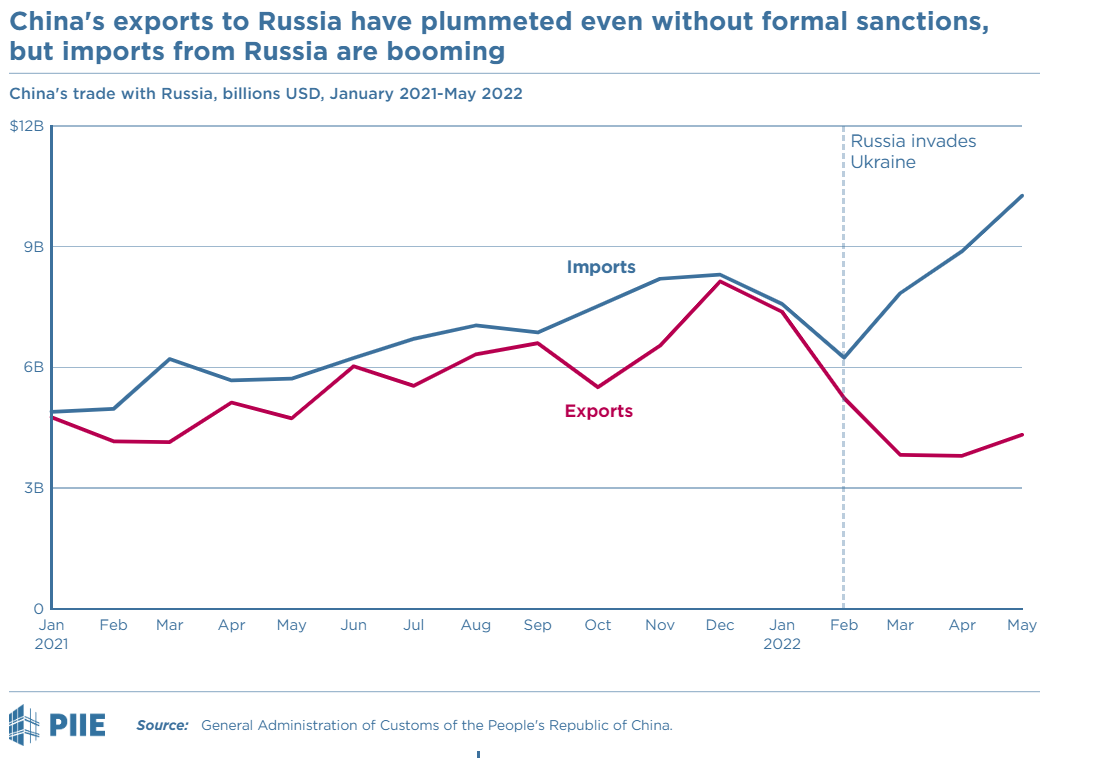If inflation in the US is running at 8%, and interest rates on the US Treasury bond is paying a rate of 3%, then in one year, the one%ers will still lose 5%.
Yet, that currency, the USD, is going up.
Why?
The answer is a bit nuanced, there are many factors that go into this response.
1. The wealthy don't really think in terms of if inflation is x and rates are y, then I'm losing x-y. Of course no one wants to lose money, but the value lost is relative. Losing 5% is still better than losing 60% on crypto, 10% on gold, 11% on the S&P500, etc. Generally speaking, as long as investors lose less than everything else, they are ok with that (in the investing word, that's "Outperform")
Which brings us to:
2. The wealthy (which includes nations like China's massive USD holdings), don't really have a great place to stash their billions and trillions that's "safe" (except in the unprecedented case of Russia), and with US Treasuries paying higher interest rates, the more likely people will buy US Treasury bonds and increase the strength of the dollar.
3. Lastly - inflation is a localized and monetary specific measurement. The 8% inflation in the United States right now only applies to a entity or consumer living in the United States and spends US Dollars. So if a person's whose wealth is entirely in USD, but lives in China where inflation is relatively low(1.5%), US inflation doesn't impact that person at all - that person's dollar buying power won't change unless the USD loses values relative to CYN.
But Japan and South Korea? That is where any explanations gets kind of fuzzy I feel. My impression is that they are not dealing with too much inflation. Unlike those other countries, hehe.
Inflation is hitting South Korea(14 year highs) and Japan too(8 year highs):
But raising rates is both art and science - central bankers have to balance inflation with handicapping their economy. And even though inflation is rising in Japan and Korea, it has to be put into relative perspective where their central bankers haven't deemed it necessary to sharply increase rates at the same level as the US FED.

